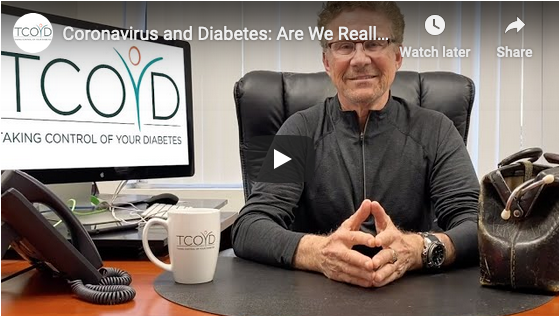To Our Patients:
We have implemented a policy requiring a credit card on file for all Self-Pay (Private Pay) patients. Effective July 15, 2020, we now kindly require a credit card to be on file with our office so that your payment can be automatically drafted the day of or after your appointment. If you decline to place a credit card on file, you may pre-pay your visit in full prior to the appointment date. Please call our billing office to receive your estimate for services at (512)458-8400, option 6.
When do I give you my credit card?
We prefer that you enter your credit card information while confirming/pre-registering for your appointment through our secure platform, Phreesia. Please pay close attention to your appointment reminders sent via text & email to complete pre-registration.You can also deliver your credit card information over the phone, by mail, or in person, but the most secure way is online during pre-registration.
But wait, I’m nervous about leaving you my credit card information.
Phreesia’s secure PCI-DSS compliant system never stores sensitive credit card information in our office system or Phreesia’s, it is stored with the merchant.
What is PCI-DSS compliant?
Payment Card Industry (PCI) Security Standards Council offers robust and comprehensive standards to enhance payment card data security and reduce exposure to credit card fraud. PCI Data Security Standard (DSS) provides an actionable framework for developing a robust payment card data security process, including prevention, detection, and appropriate reaction to security incidents.
How will I know how much you are going to charge me?
Upon storing your credit card information in Phreesia, you will sign the card-on-file policy, including the maximum amount we can charge to your card. You will never be charged more than the agreed-upon maximum amount. On the day of or after your appointment, your card will be automatically drafted for the amount due and a receipt will be emailed to you.
What if I have more questions?
Our staff is happy to speak with you about your account at any time. Please call our billing department at (512)458-8400, option 6.
Sincerely,
Texas Diabetes & Endocrinology, P.A.





